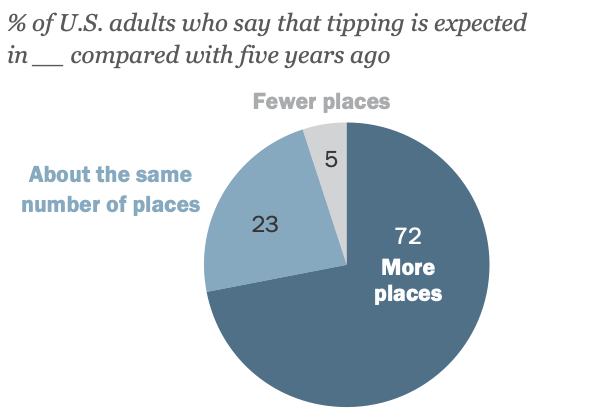Wake Up, It’s Time for School
It’s 8 a.m., it’s time for school. But what if it wasn’t? Current high school curriculums are not equipped to fit the fast-paced climate of society that students are submerged in. Education can be broadly measured by two things: performance and effectiveness. Integrating a later start time for classes and decreasing the amount of classes per day not only improves the quality of high school education, but it benefits teachers, school administration, and students alike.
The failure of the educational system to support developing minds of high school students stands out like a ketchup stain on a white shirt. Solving this problem starts with sleep.
The National Sleep Foundation reported that teens need between 8-10 hours of sleep per night; two thirds of students get less than seven hours of sleep, and 43% of high schools around the country start before 8 a.m.
We’ve all been tired at school before, but a lack of sleep has consequences; without sufficient sleep, teens are more likely to be overweight, suffer from depressive symptoms, engage in unhealthy risk behaviors, and even perform poorly in school. However, a later start time would allow students the chance to sleep, and would also save schools money.
Starting later translates into less electrical and water usage, resulting in a lower utility bill. RAND Economists, a nonprofit research organization dedicated to developing solutions for public policy, estimated that “delaying U.S. middle and high school start times to 8:30 a.m. would contribute $8.6 billion dollars to the U.S. economy after just two years, $83 billion after a decade, and $140 billion after 15 years, far outweighing any costs of change.”
With the money saved, the school’s limitations wouldn’t be tied to just the classroom. Feeding students who may not have access to substantial nutrition would be easy.
Additionally, schools could support clean and green methods of energy conservation while also increasing classroom funds for more hands-on learning experiences like field trips that engage students.
The repetitive nature of the American school day is destructive. Jamming seven classes into a seven hour school day with only a 30 minute break for lunch is a truly grueling four-year experience.
Decreasing the amount of classes per day would increase the effectiveness of the lessons taught by teachers. Not to mention it would help students focus more, and would even give more time to participate in extracurriculars, which would help students stay in shape and build stronger relationships with one another.
This could drastically change how students respond to school, therefore leaving a much more positive impact on students rather than a negative one.
While studies have found that longer school days can improve achievement, the correlation is not exact and is dependent on other factors, such as classroom environment, quality of instruction, and student ability.
U.S. teachers spend more time in the classroom than most other developed nations, many of which have higher student achievement without the long school days. In short, longer school days isn’t an effective method to raise achievement without other factors already being in place.
Our world is changing. Whether we change with it or stay the same is entirely dependent on ourselves. Here at SHS, the future of high school education is at our fingertips.
Integrating a later start time, shortening the school day, and allocating funds in the most productive way, is the start of building student education by students, for the students. The benefits of these changes are not exclusive to students alone, but to the school as a whole. So wake up, it’s time for school.
Editorial Policy: Any column, editorial, or letter to the editor expresses the opinion of the author and not necessarily the entire staff. The staff editorial does not necessarily reflect the views of the entire staff. The Norse Star is a public forum written and produced by the students at Stoughton High School, and they are solely responsible for its content. Students, staff, faculty, and members of the community are welcome to submit letters to the editor of 300 words or less.

As a senior, Ellie is the Distribution Manager and a Staff Writer on The Norse Star. If you see her outside of school, she’s probably racing around the...







